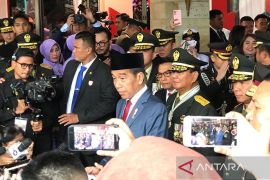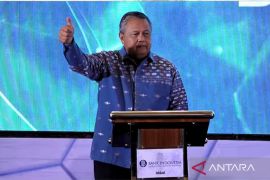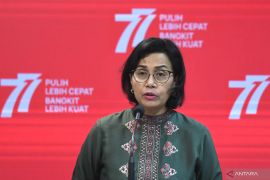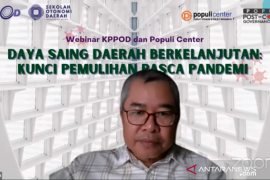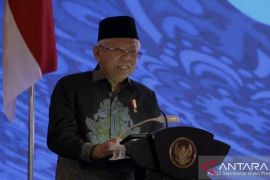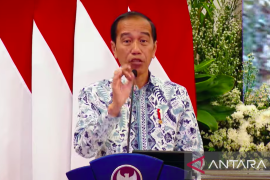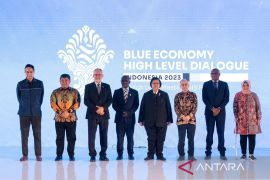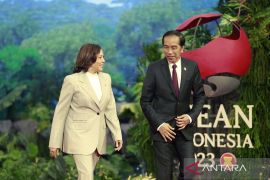"The government of Joko Widodo is upbeat of achieving its seven percent economic growth rate target. However, a broad-based slowdown does tend to weigh heavy. The US economy only grew 2.9 percent," Sijabat noted on Friday.
According to Sijabat's press statement made available to ANTARA here, Indonesia's economic growth rate of 5.2 percent was "not too bad" albeit "not too good" in comparison with the growth rates clocked by two Association of Southeast Asian Nations (ASEAN) nations, Vietnam and Cambodia.
The duo ASEAN countries registered a six percent economic growth in 2018, whereas Singapore's economy merely grew three percent, she pointed out, adding that Indonesia can, in no way, be able to entirely control external factors.
Global and regional economic slowdown, including a decline in the demand for goods and services in the Southeast Asian region, is one such external factor that is beyond the realm of Indonesia's control.
"Our economy will be swayed by a slowdown in the global economy. For this reason, the one who emerges victorious in the upcoming presidential elections will face a tough challenge to boost domestic economic activities," Sijabat remarked.
In reality, Indonesia's economy faces tough challenges arising from internal and external factors. One of the external factors is the cooling of most economies in Southeast Asia, she pointed out.
The presidential debates and open campaign rallies of the Joko Widodo-Ma'ruf Amin, and Prabowo Subianto-Sandiaga Salahuddin Uno pairs have largely been centered around the economy, as it is closely linked to their capability to galvanize a voter base.
To this end, vice presidential candidate number 02 Uno has promised to fulfill his pledge of making Indonesia the world's fifth halal economic power if he and Subianto were to emerge victorious in the upcoming presidential elections.
"The global halal market of some 1.8 billion Muslims worldwide has vast potential," Uno stated while recently addressing participants of the "Indonesia Triumphs' Initiative to be a Hub of the World's Halal Economy."
Uno believes that with the global halal economy's potency expected to touch some Rp3,300 trillion, Indonesia, with a Muslim-majority population, must turn out to be a global halal economic hub.
In the near future, Indonesia will be able to cement its position as a halal hub of the world if its citizens become key players of its halal industries, Uno added.
Translator: M Razi Rahman, Rahmad Nasution
Editor: Sri Haryati
Copyright © ANTARA 2019

